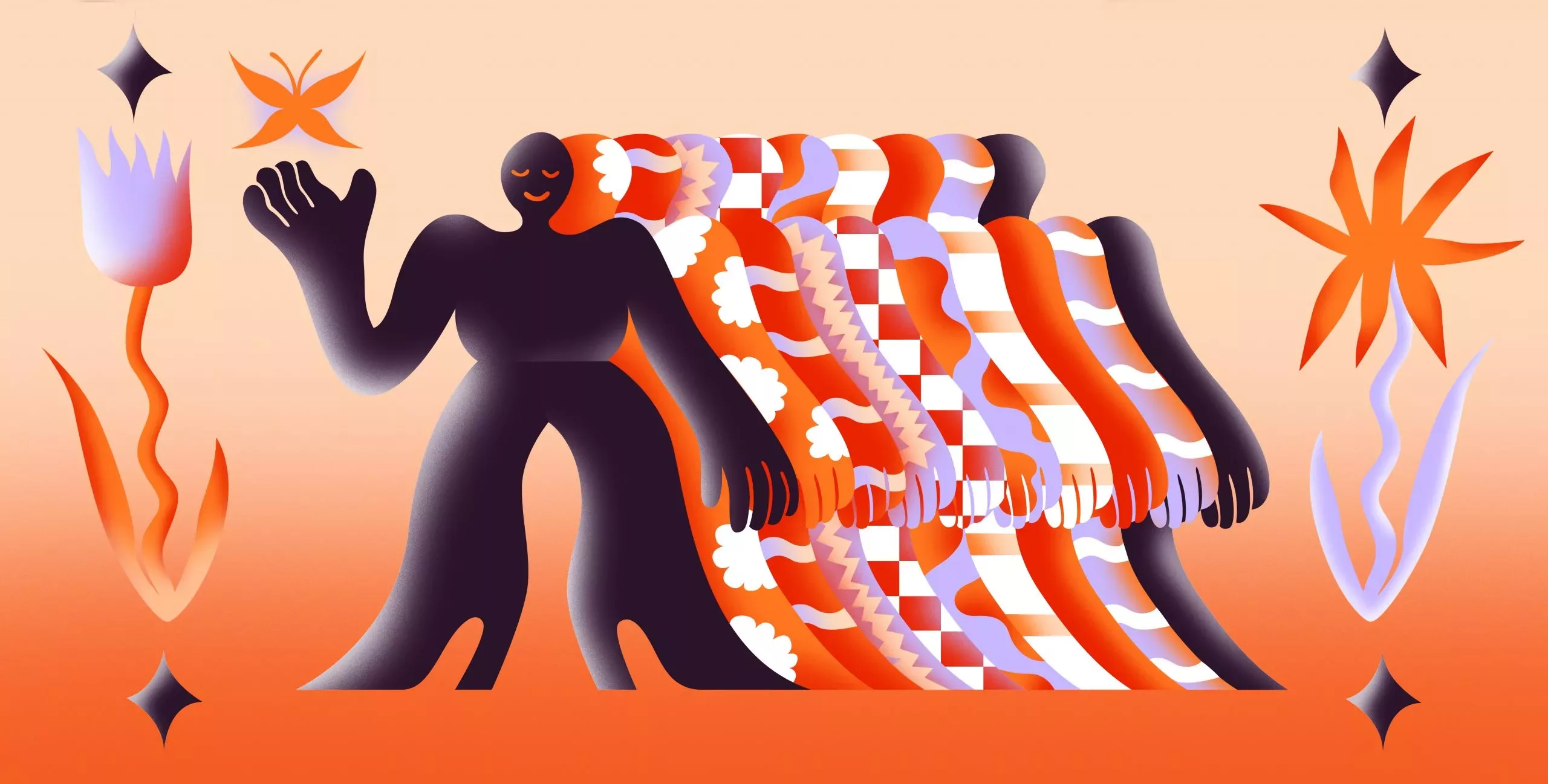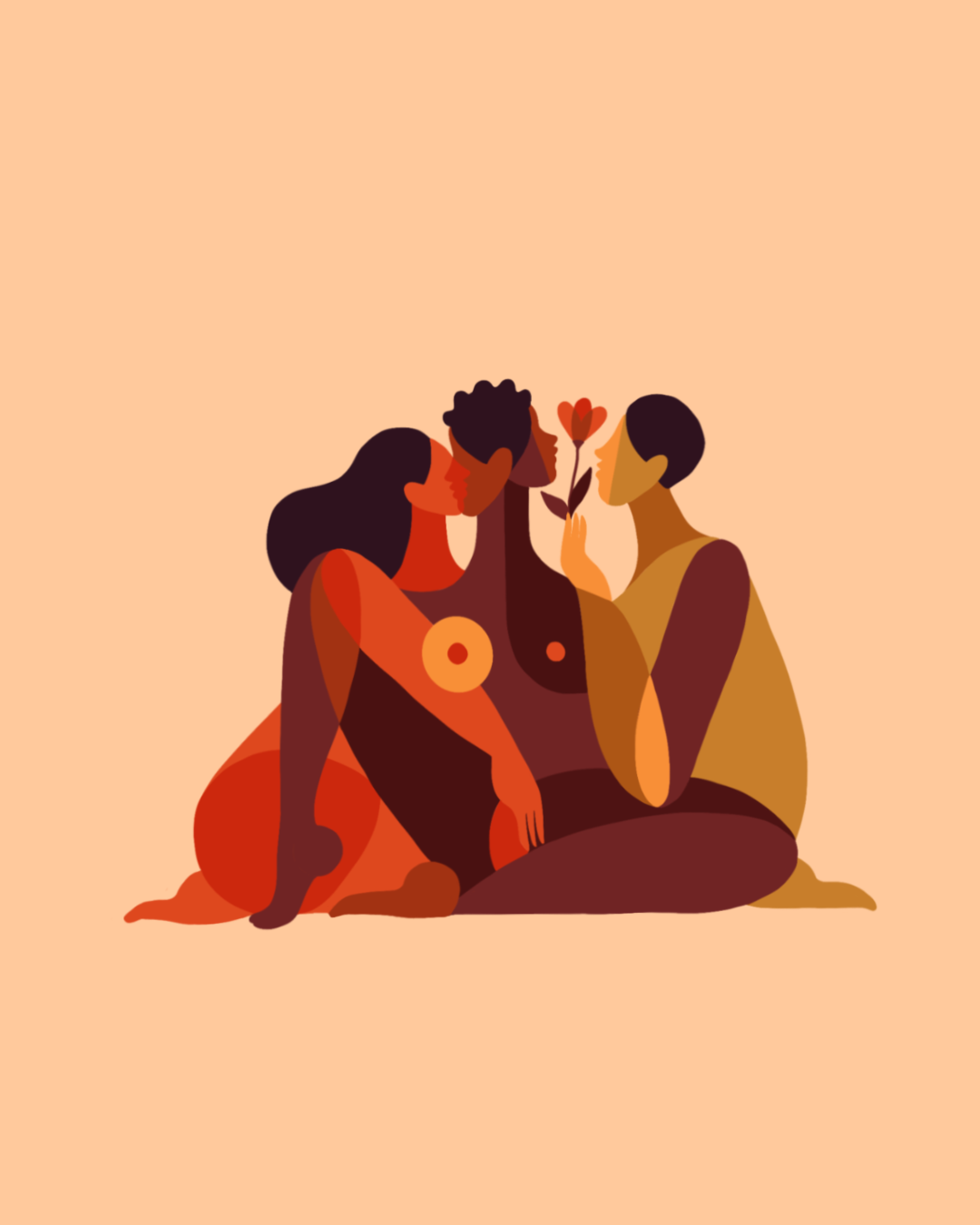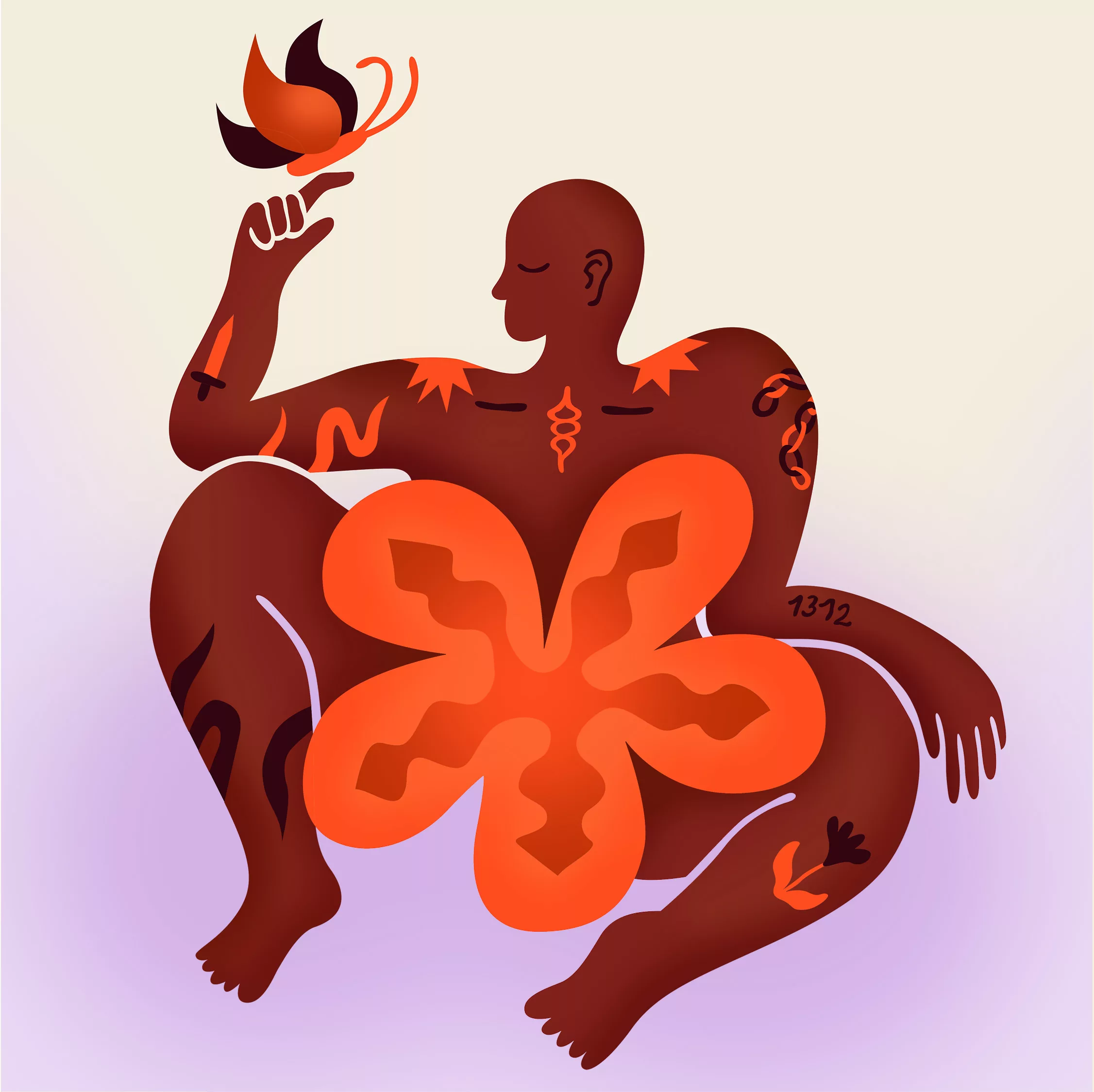Your cart is currently empty!

This article is presented by Afterglo.
In the trans community, the term “gender dysphoria” is well known. It appeared for the first time in 1980, in the DSM (a big official manual that classifies mental disorders) and is a psychiatric term that refers to the distress certain people feel with regards to the gender they were assigned at birth.
In recent years, however, a new term has been gaining popularity in the trans vocabulary: “gender euphoria”. Yet, if you type these words into your search engine, you’ll find that the literature on this subject is rather scarce.
To learn more about gender euphoria, we discussed it with Henri-June Pilote, a trans man, speaker, and host of the podcast C’est quoi mon genre? (in English, this translates into What’s My Gender?) as well as with Morag Bosom, a PhD student in sexology and member of Club Sexu’s research team.
First of all, what is gender euphoria?
Henri-June Pilote: It’s a term that was created to positively contrast dysphoria, to show that trans identity is not only synonymous with negativity.
Gender euphoria is simply when you feel good about your body in relation to your gender.
It’s a feeling that can be elicited by many things that make us comfortable with or euphoric about our gender.
Morag Bosom: Basically, it’s to feel a sense of well-being and cohesion with your gender. Often, when we talk about transition, we talk a lot about dysphoria, and therefore, about suffering from not being recognized as our true gender. But gender euphoria highlights that transition also has aspects of well-being and comfort with your gender.
Can only trans people experience gender euphoria?
HJP: No, but it’s a term that was nonetheless created to demedicalize the experiences of trans people. So, everyone can experience gender euphoria, but I think it’s especially important to use that term in relation to trans people because it’s an identity that’s been stigmatized and seen in a negative light for so long. I think we’re now entering a new movement where we try to associate transness with happiness.
MB: It might be a feeling that trans people are more likely to experience than cis people, , because as cis people, we tend to take our gender for granted. So, we might be less likely to question our gender and wonder what makes us feel good about our bodies in relation to our gender.
When your gender experience doesn’t necessarily match society’s expectations, experiencing gender euphoria can be particularly meaningful.
But I think anyone can experience events that make them feel gendered, because the human experience is still very gendered.
Do all trans people experience gender dysphoria or euphoria?
HJP: No. What is complicated is that, since our identities are so medicalized, we have to fit into a certain framework to be able to have access to care and services. And the term that is used in the medical field is gender dysphoria. But the trans experience is so variable: each trans person can experience different gender dysphorias and/or euphorias, or none at all. It depends.
Why is it important to talk about euphoria and not just dysphoria?
HJP: To celebrate the joy of being trans. For example, in my case, when I grew up, I know that one of the things that made me take a really long time to come out was that when we talked about trans, homosexual, or queer people in general, it was always negatively. We talked about it as a choice and as a sad way of life that was associated with bars, the HIV crisis, losing your family… All very heavy things. I think just in the last five years we’ve slowly started seeing a more positive image of the trans experience, so people feel more confident and safer, and come out earlier.
MB: I think it’s important to talk about euphoria because, since the trans journey is very medicalized, we often talk about it in terms of “alleviating suffering,” and we assume that all these people are suffering. However, without wanting to deny that this suffering exists, we forget that transition can also be a positive experience.
Acknowledging both the positive and negative also allows, in terms of treatment and support, to learn how to cope with dysphoria, but also to better identify the experiences that give rise to gender euphoria and determine how we can emphasize this so that the person can feel better in their transition and in their life in general.
Henri-June, what makes you feel gender euphoria in general?
HJP: Having had access to hormones and to a double mastectomy definitely gave me a lot of gender euphoria. But I think it’s a feeling that can be experienced as much through bigger things like that, as in smaller things like wearing a sweater that makes me feel handsome or people who use certain terms that make me feel good about my gender. I often feel gender euphoria when I touch my chest and I feel like, “Oh wow!” or when I meet a man in the street and I think I look like him.
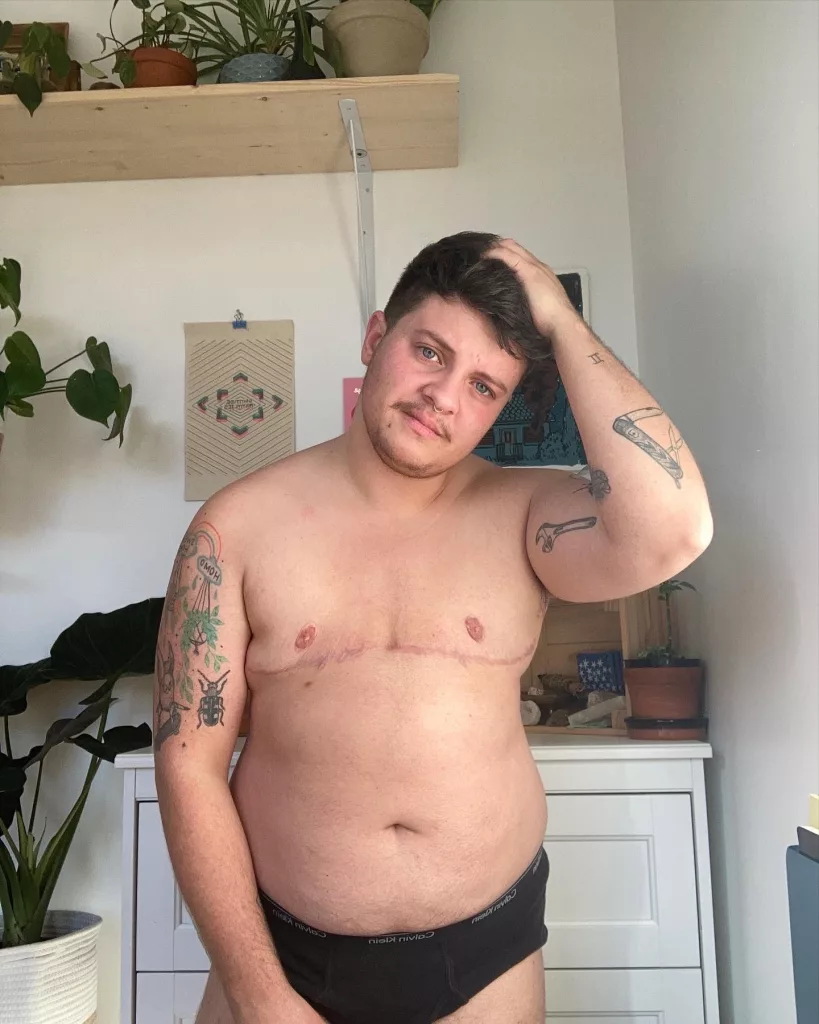
What attitudes or behaviours on the part of allies can contribute to gender euphoria?
HJP: When you meet a trans person, I think a lot of it is just respecting their identity, asking them their pronouns, and all that. But if it’s someone with whom you’re developing a friendship or relationship with, it might also include using certain words or giving certain compliments that you know can create gender euphoria. It depends on the relationship you have with the person, but I think we shouldn’t hesitate to ask people what terms they want us to use to talk about them, especially in French, since it’s such a binary language.
MB: The important thing is to act in a way that makes the person feel that they are being listened to and that their gender is recognized and valid.
If the trans person is your romantic partner, it means asking them what makes them feel good about their gender, respecting their boundaries, and making sure that, when you are intimate with them, you eroticize them the way they want you to. It may sound simple, but sometimes people don’t realize that when you want to touch body parts that a culture associates with binary genders (female and male), such as the chest or the genitals, it’s important to ask the person how they like to be touched to ensure that your actions respect their boundaries… as we should do with everyone, really!
So basically, it’s simply a question of helping the person feel recognized in their gender.
How can sex toys help trans people experience gender euphoria or reduce gender dysphoria?
MB: Again, it depends on the person, because everyone has a different relationship with their genitals. But often, to alleviate dysphoria, people who are transitioning tend to want to get away from their very gendered genitalia, so sex toys can help them reclaim their bodies and find common ground between gender euphoria and the pleasure that their genitals can still give them.
HJP: Definitely, trans people who experience gender dysphoria will often feel uncomfortable with certain parts of their bodies. So, using sex toys can help them to distance themselves from those parts.
For me, one of the first toys that made me realize this was the Magic Wand. When you use a wand that vibrates, you don’t directly touch your genitals, but you still feel pleasure. And you can stroke the vibrator like a penis. That was a huge revelation for me!
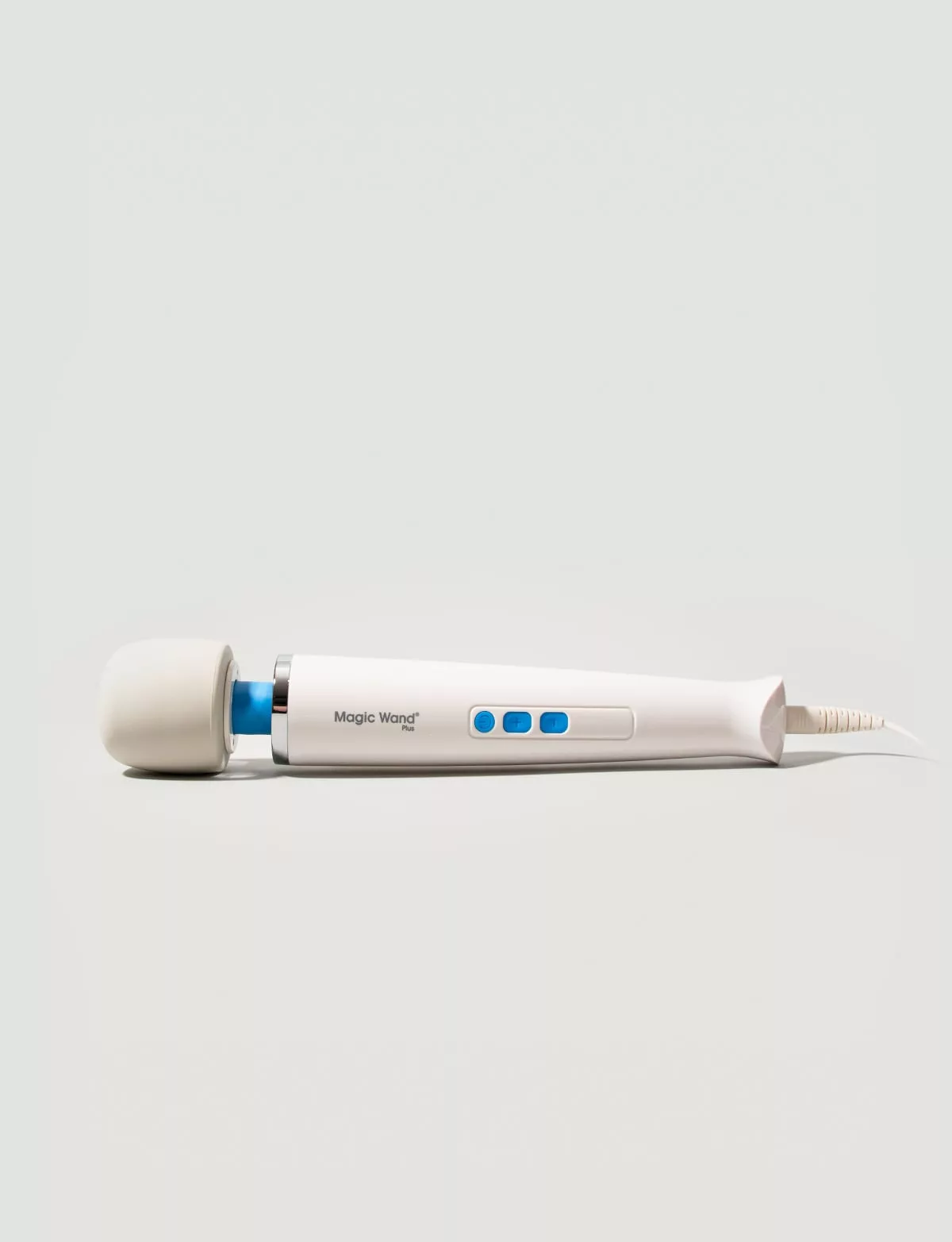
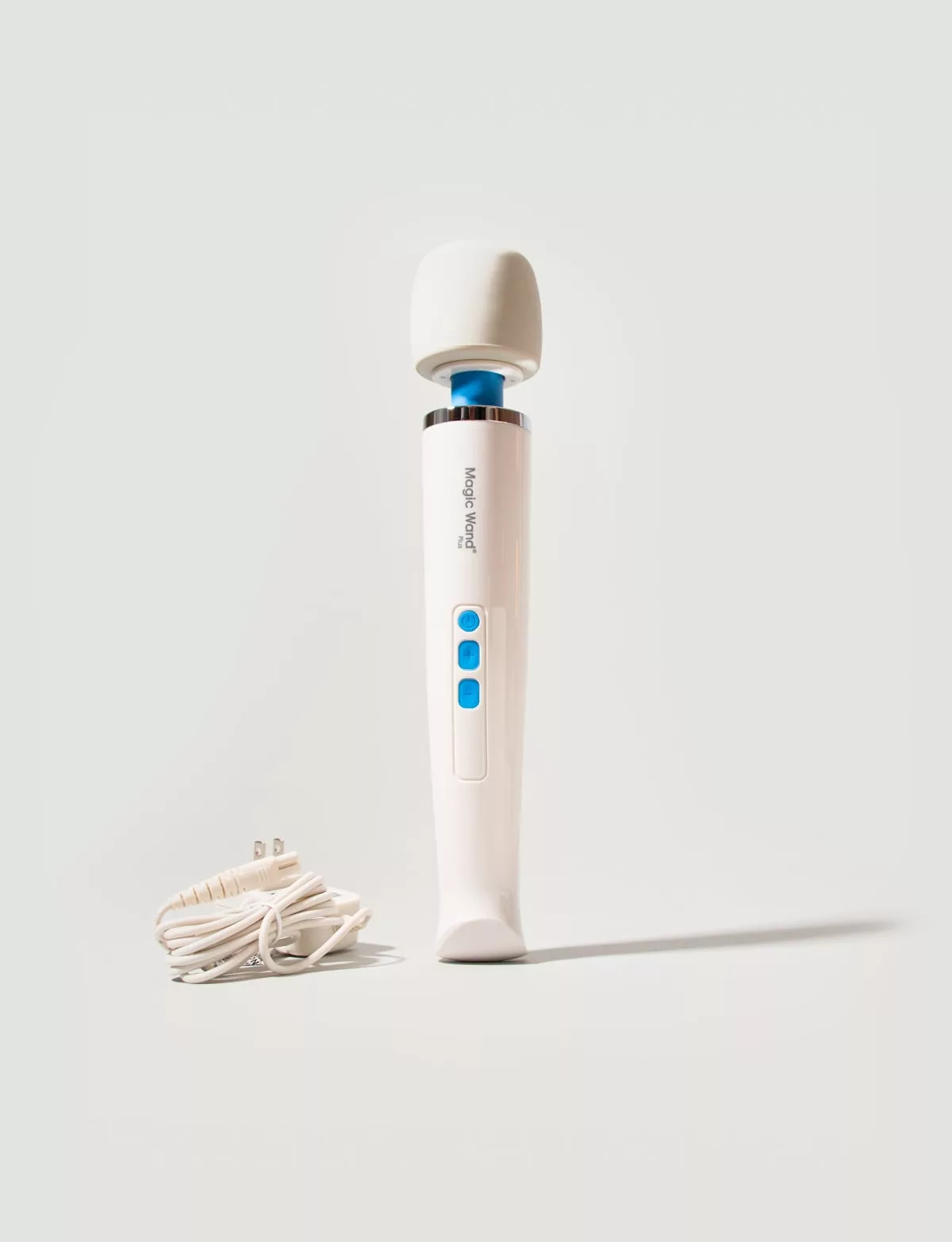
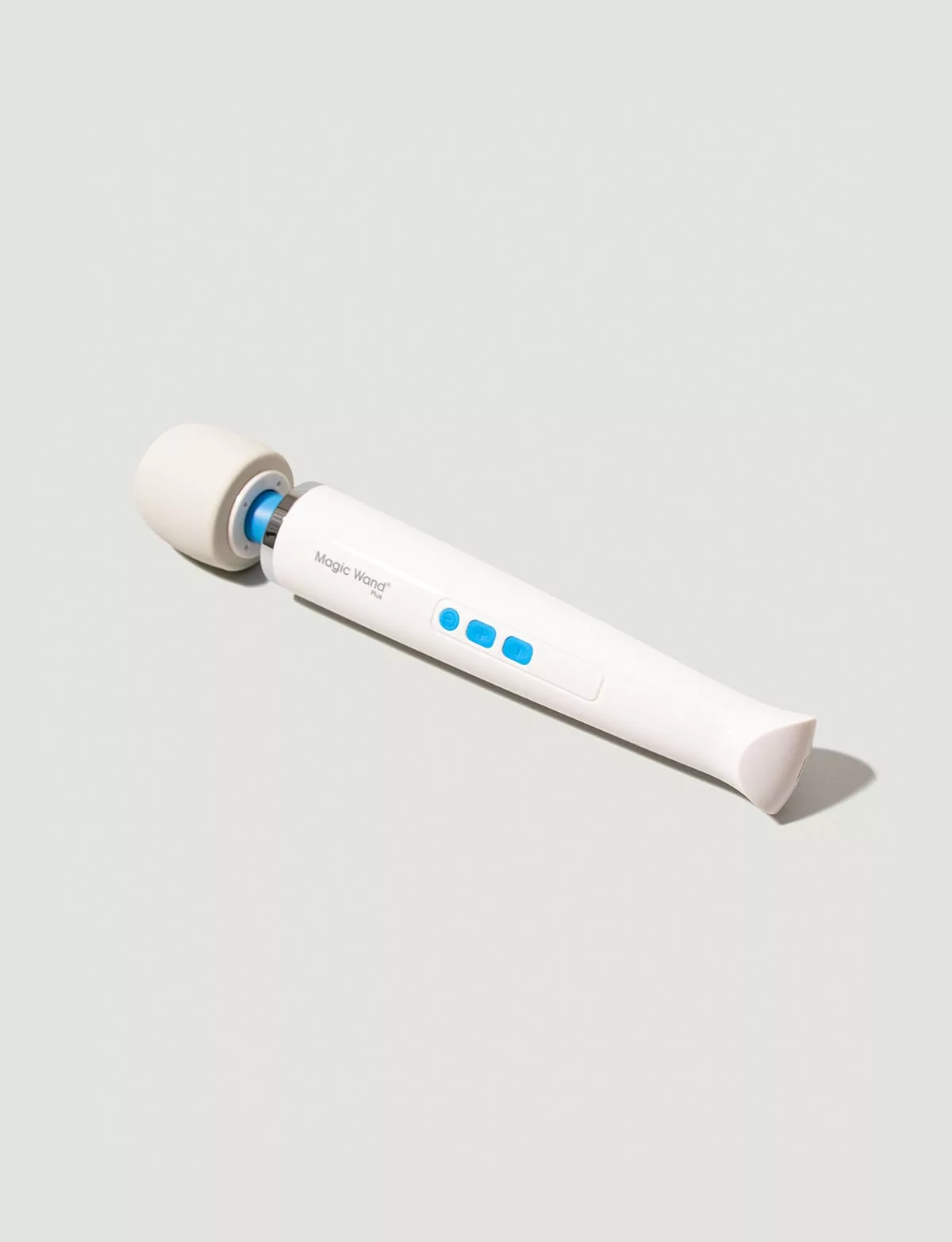
There’s even a vibrator that mimics a penis, albeit super expensive, that you put a sleeve over and that even mimics ejaculation.
For transmasculine people, harnesses, strap-ons, and prostheses can be great too.
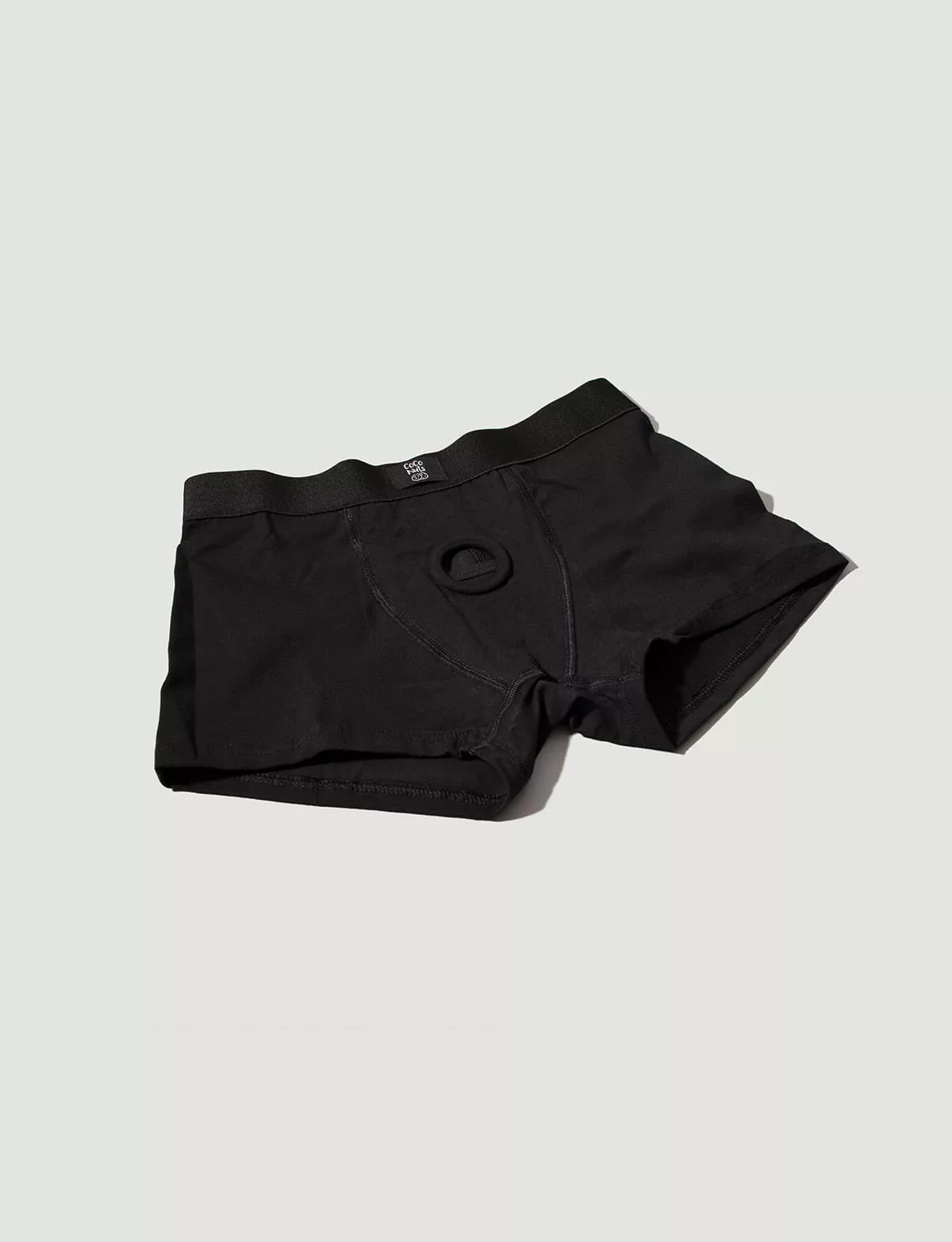
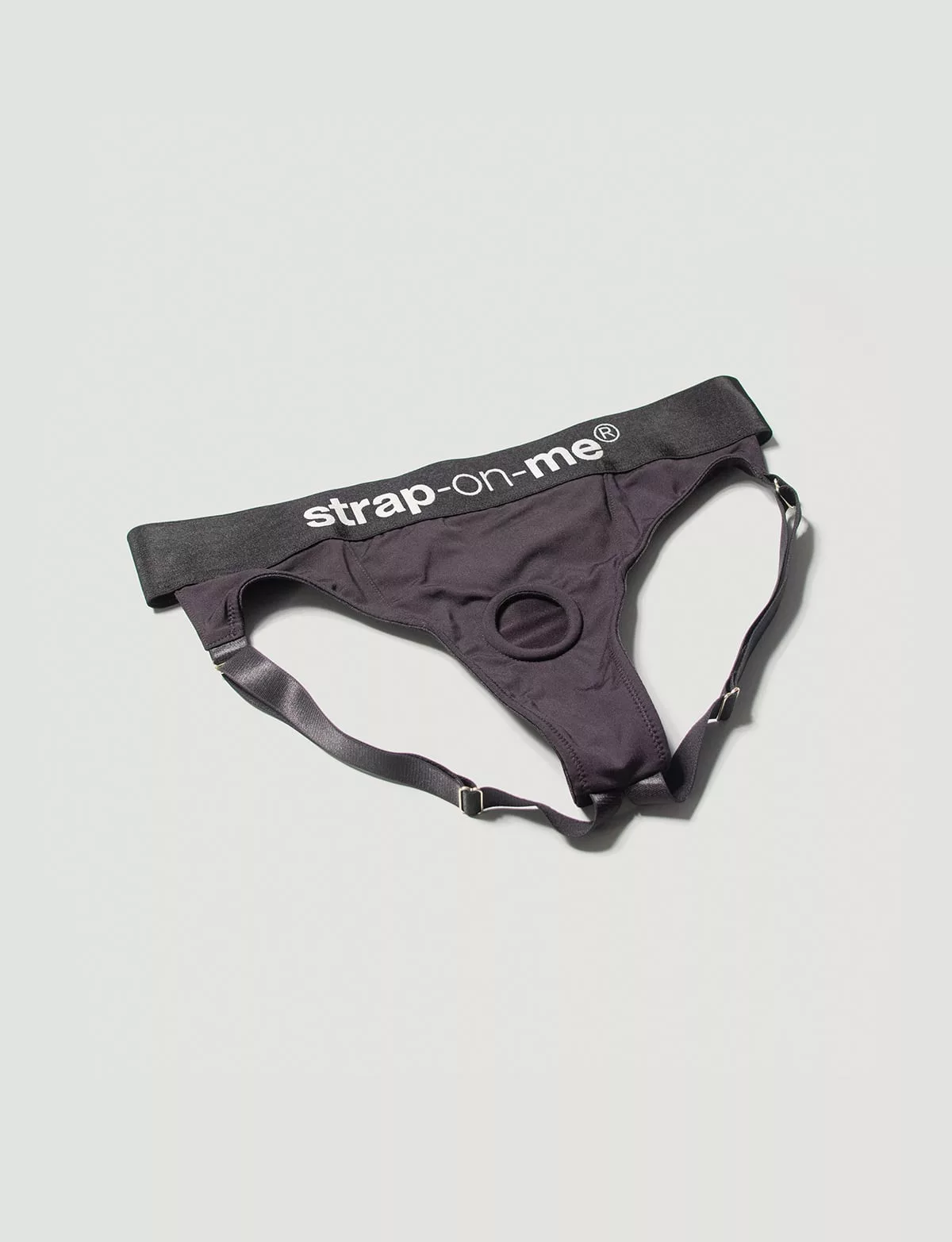
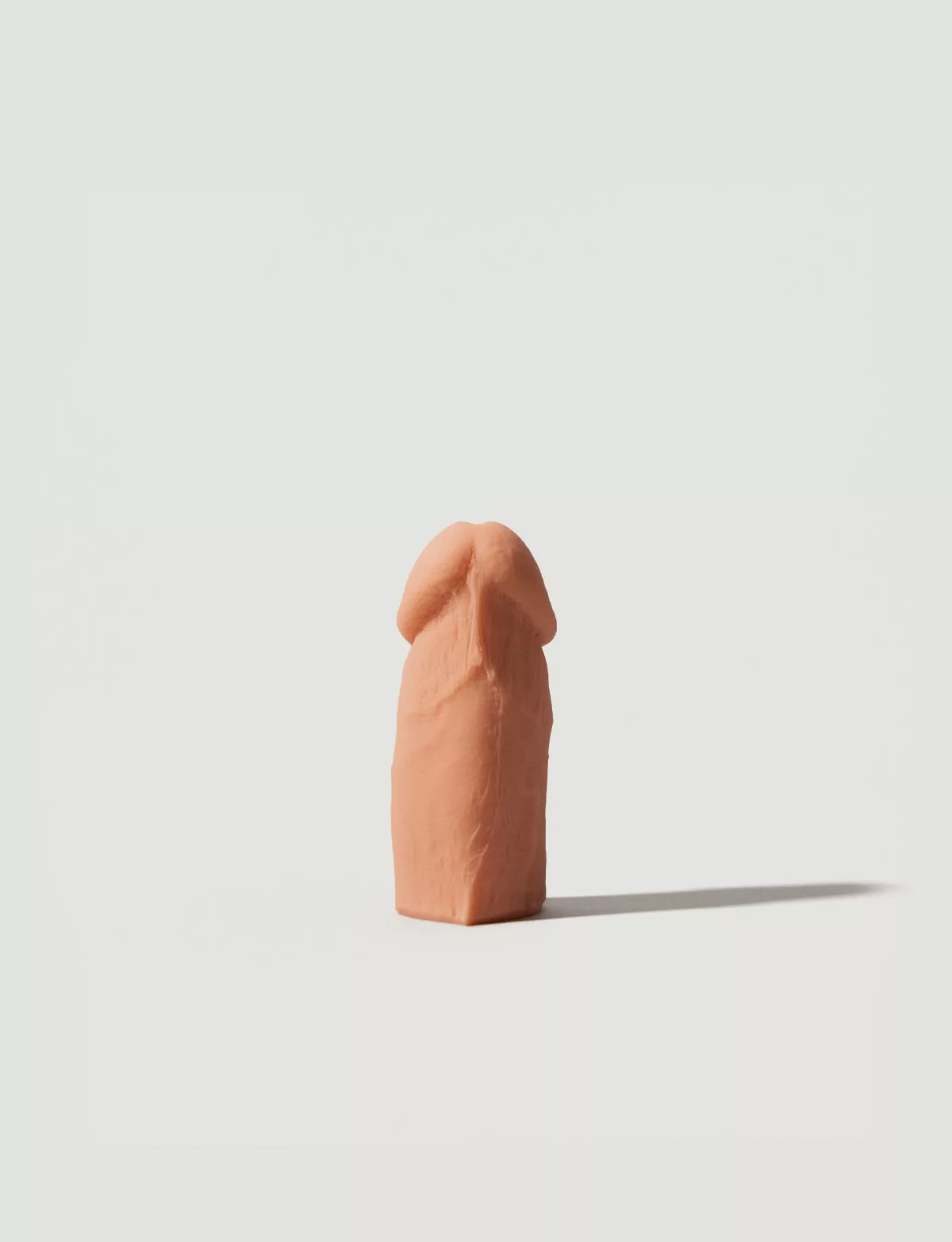
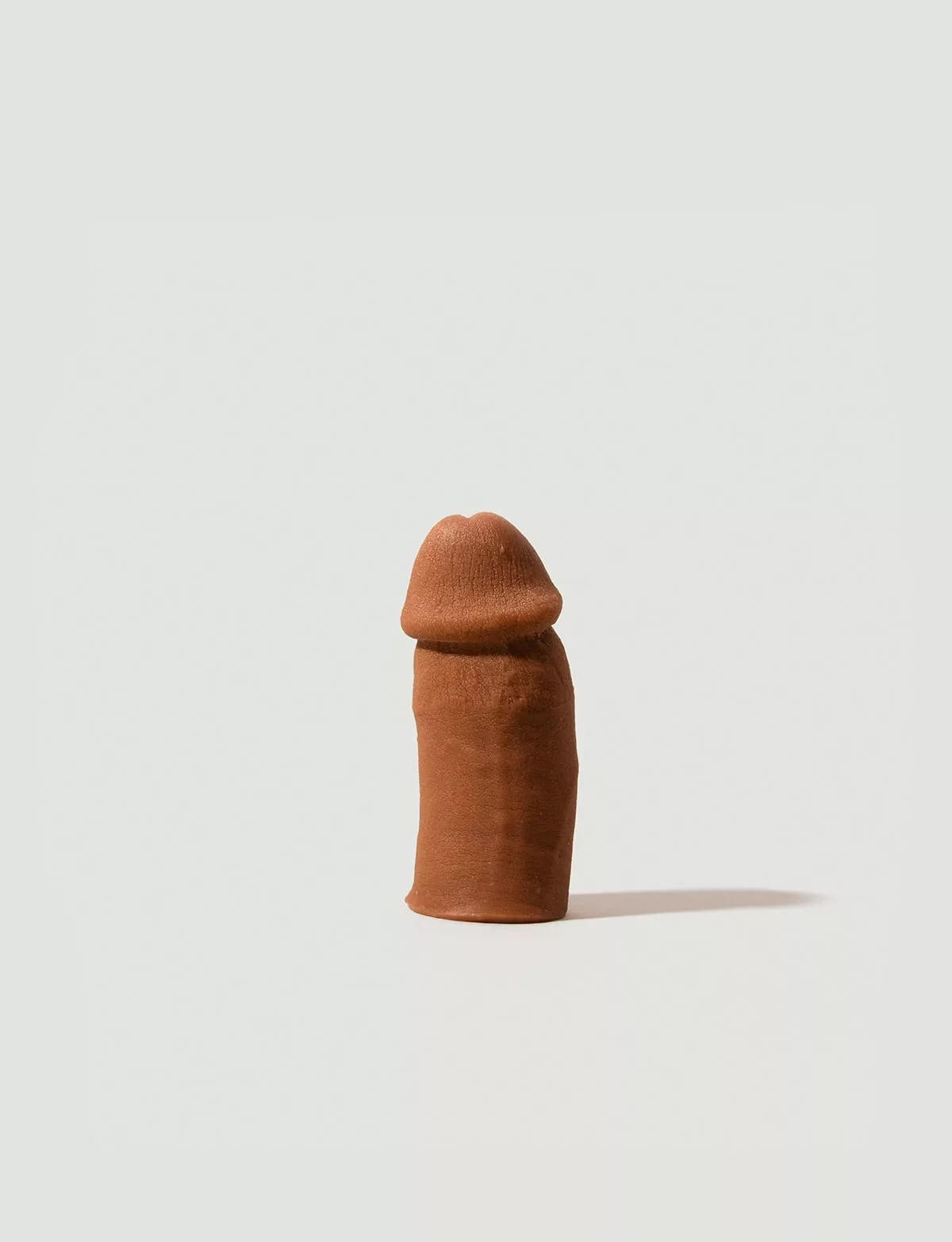
MB: There are also certain toys that are made to be used on clitorises that are enlarged by testosterone. This type of toy stimulates the clitoris with suction, and allows you to move in a way that resembles more like how you’d caress a penis. It allows you to stimulate the clitoris while keeping a certain distance from it and giving you the feeling that you’re stimulating a penis. One of these toys is the FTM Stroker, available in Afterglo’s online shop.
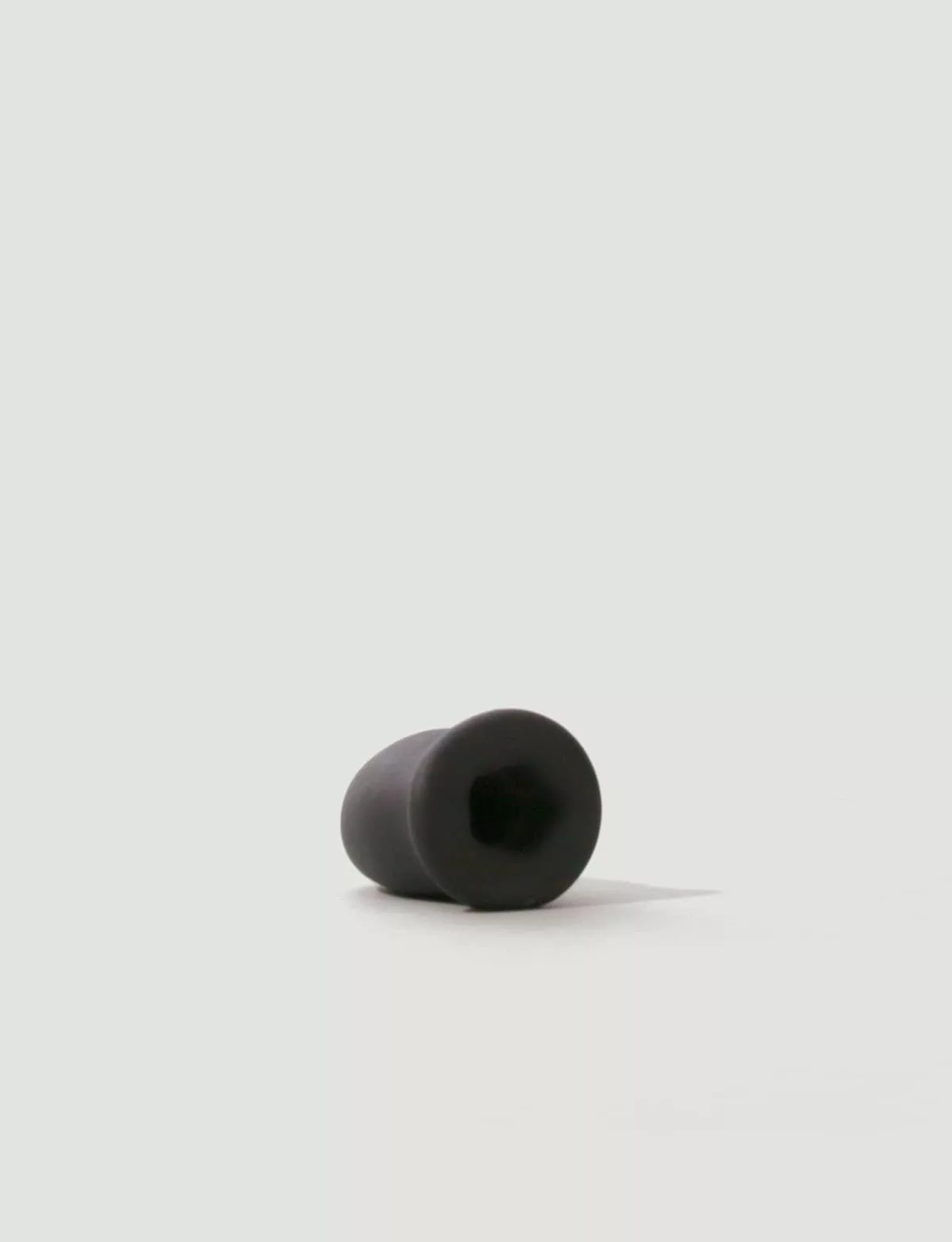
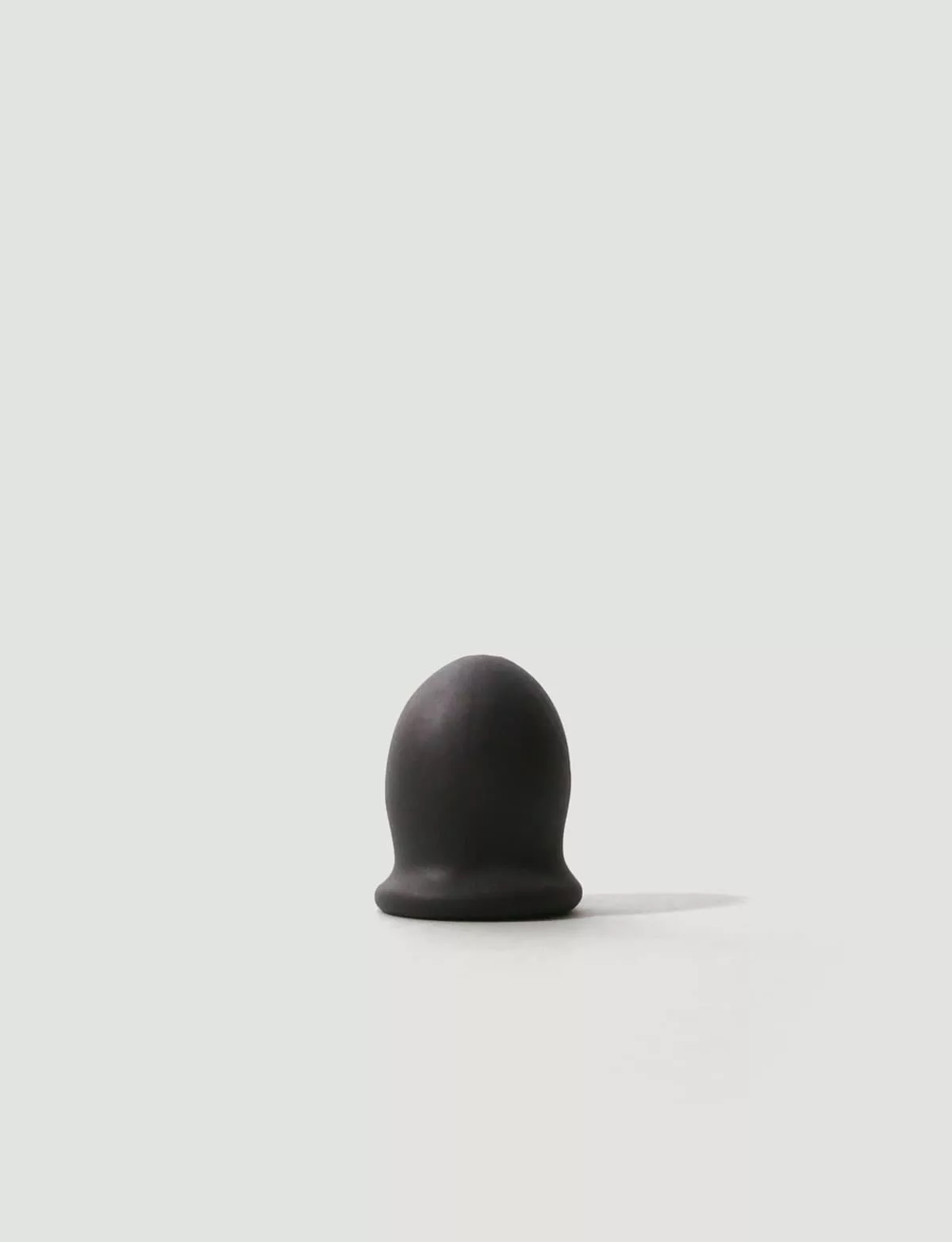
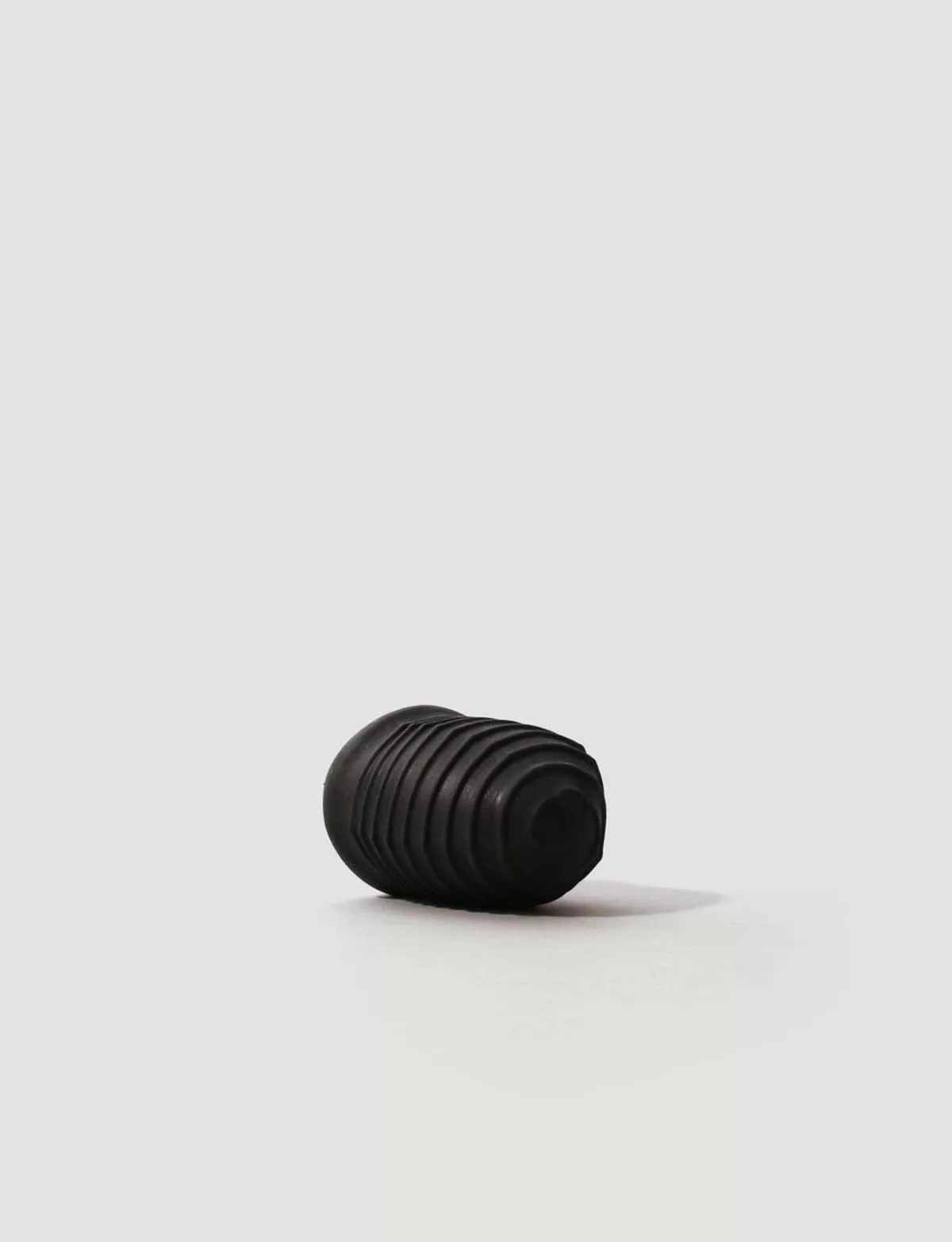
HJP: For trans women, it can be more complicated to distance themselves from their genitals, because sexuality is so centred around the penis, unfortunately. But I’ve seen some trans women who will also use strap-ons, for example, because it allows penetration, but it feels more like a lesbian activity and it also helps to distance themselves a bit from their genitals.
MB: For trans women who have had bottom surgery, lubrication sometimes isn’t great, so just using lube can be something that allows for more pleasure and to feel more comfortable with their transition.
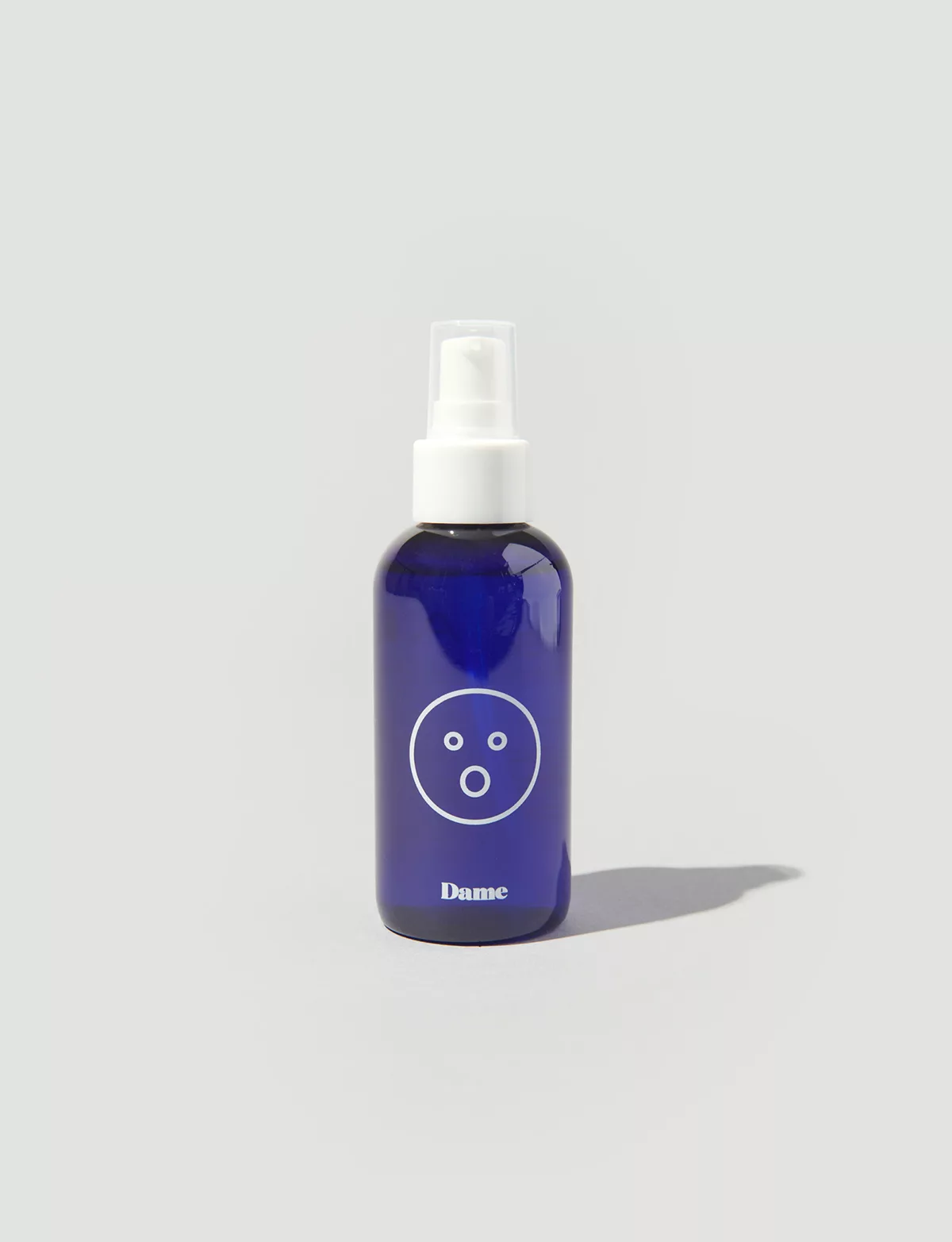
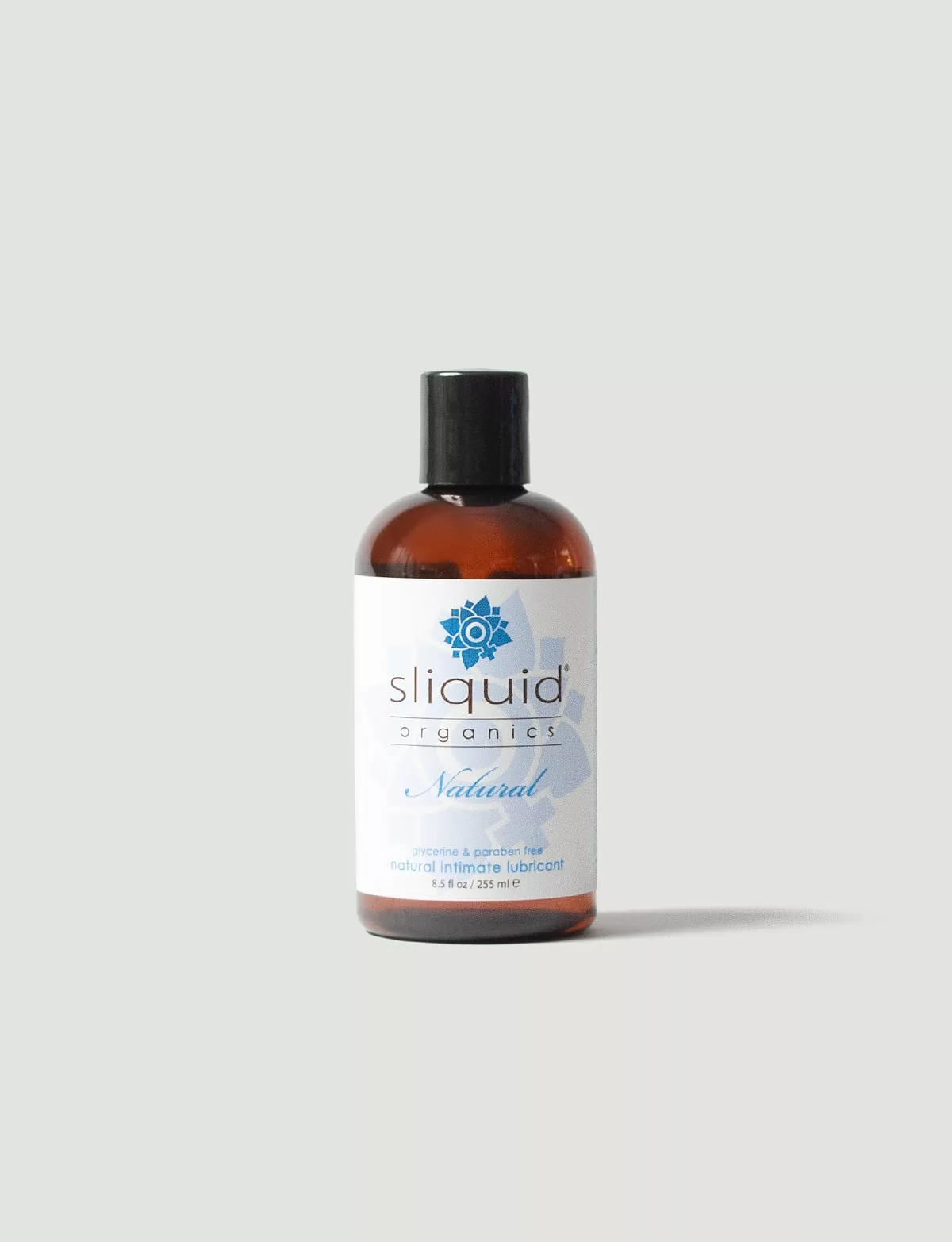
I’m guessing that these more specialized toys and accessories are not as accessible as other types of toys?
MB: Indeed. Unfortunately, it’s still very niche. I think it would be really important for there to be more of these toys in sex shops, or at least for there to be sections intended for that , because the fact that there are sections or toys available in sex shops lets trans people know that there is someone there who can answer their questions.
We tend to think that trans people know all about those kinds of sex toys and accessories, but that’s not necessarily true: just because a person is trans doesn’t mean that they are specialized in trans sexuality! So, yes, it would be great if sex shop employees were trained to answer questions from trans people and to advise them on specialized toys.




